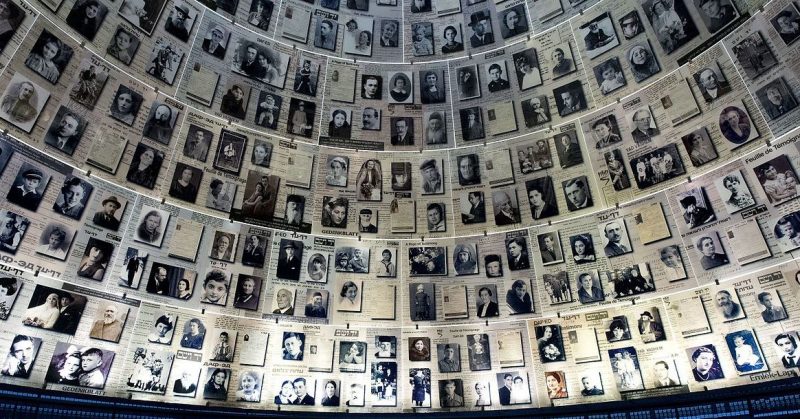Marion Pritchard, recognized in 1981 by Yad Vashem, the memorial in Jerusalem to victims of the Holocaust in World War II, as one of the ‘righteous among the nations,’ died recently in Washington at the venerable age of 96.
She was reported to have clothed, hidden, fed, or otherwise assisted nearly to 150 people in the Netherlands during the war. Many of them were children. She insisted it would not have been possible had it not been for the assistance of friends, members of the Dutch resistance, or neighbors.
Mrs. Pritchard, then Miss van Binsbergen, was 19 in 1940 when Germany invaded the Netherlands. After witnessing the liquidation of a home for Jewish children in 1942 while bicycling to University in Amsterdam, she resolved to act.
The rounding up and forced deportation of Jews from the Netherlands began that year continuing into 1944. Of 107,000 people moved forcibly, all but around 5,200 would die in the extermination camps.
In an interview published in the volume ‘Voices from the Holocaust,’ she related how it was a gorgeous spring day as she bicycled along a familiar street. Suddenly, she saw small children picked up by a leg or their pigtails and thrown over the side of a truck. She watched two women as they attempted to stop the soldiers, only to be put in the truck themselves. At that critical moment, she resolved to combat the Nazis in any way possible.
With approximately ten friends, she assisted in procuring false identity papers and finding hiding places to help Jews escape arrest. Pritchard and her friends, despite severe food shortages, managed to come up with provisions and extra rations cards. She located host families to take in Jewish children, and prepare the families for the perils they could face.
Mrs. Pritchard cared for a Jewish man, Fred Polak, and his two young sons and infant daughter for three years, living secretly in the country house of a friend. They perfected a routine in case of a Nazi roundup where the father and his children could hide beneath the floorboards within 17 seconds. The baby was given sleeping pills to stop her from crying.
Three Germans and a Dutch policeman came to search the house one day, failed to detect the hiding place, and left. However, shortly after that, the policeman – who suspected something was amiss – returned and discovered the hideaway. Before he could act, Mrs. Pritchard grasped a small pistol she kept for exactly this type of emergency and killed him.
She said in an interview, years later she would do it again given the same circumstances, but it still troubled her.
She gave credit to a local undertaker with assisting in disposing of the corpse by burying it with another body in a casket.
Following the war, Mrs. Pritchard worked in displaced-persons camp as a United Nations social worker. She met her husband, Anton Pritchard, a former U.S. Army officer, through the assignments. They were married in one of the camps in 1947, The Washington Post reported.
They settled in Waccabuc, N.Y., and later in Vershire, Vt.
